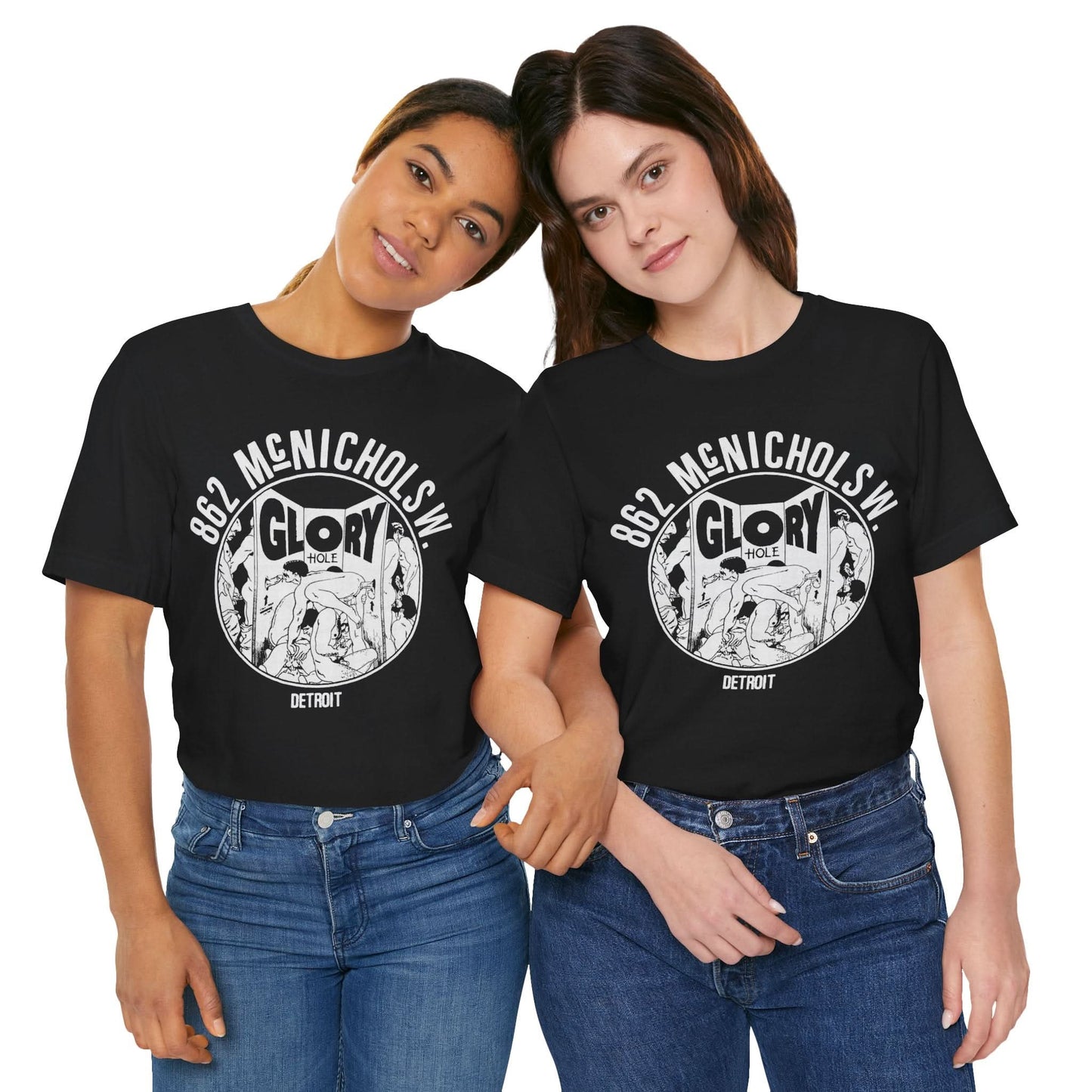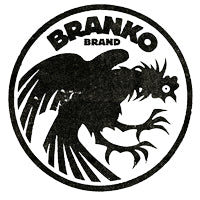1
/
of
8
Glory Hole (Detroit/Dates Unknown/Glory Hole Shirt)
Glory Hole (Detroit/Dates Unknown/Glory Hole Shirt)
Regular price
$29.75 USD
Regular price
$25.00 USD
Sale price
$29.75 USD
Quantity
Couldn't load pickup availability
Glory Hole T-Shirt
In the shadows of Detroit’s industrial skyline, the Glory Hole stood as one of the city’s most infamous — and most beloved — private gay clubs. Opening in the late 1970s, it offered more than anonymity; it offered freedom. Behind its unmarked doors, men gathered to dance, connect, and exist on their own terms, far from judgment and close to joy.
Like much of Detroit’s queer underground, the Glory Hole thrived on community and courage — a raw, unapologetic sanctuary built in a city that knew a thing or two about grit. It wasn’t about scandal; it was about survival, expression, and the right to take up space, even in the dark.
Share


























